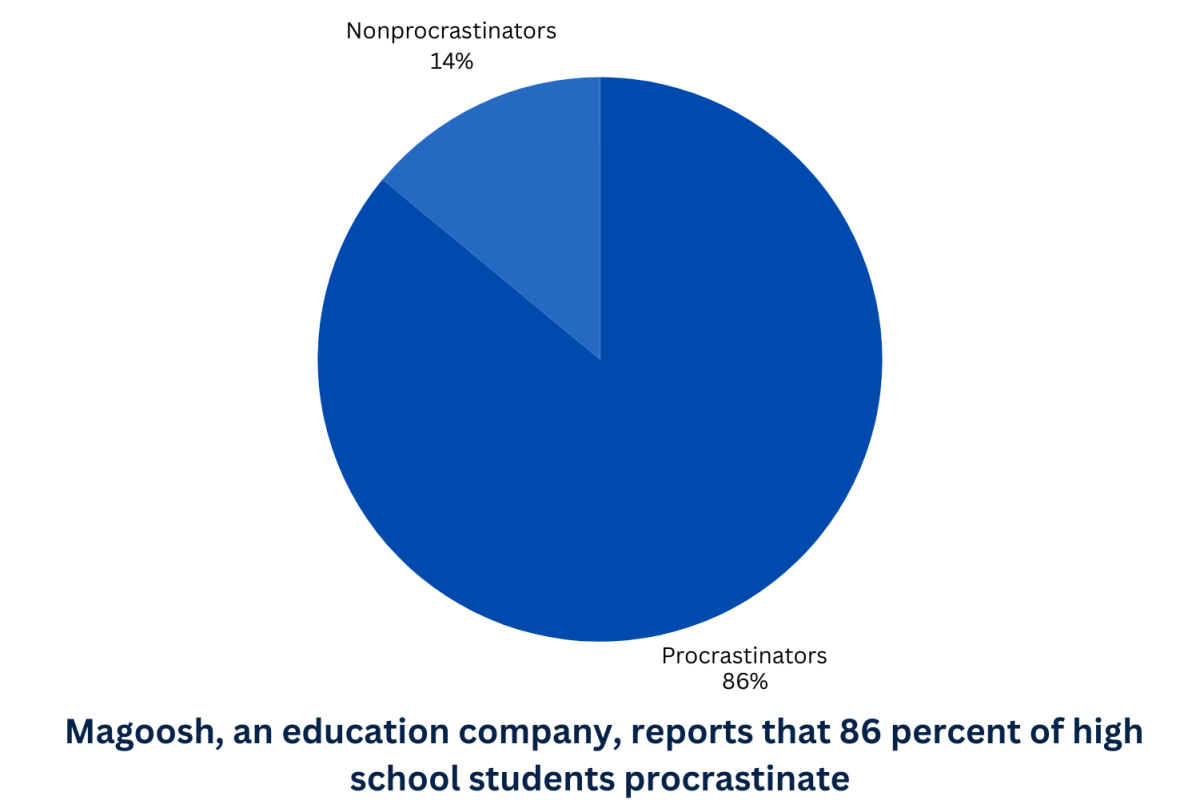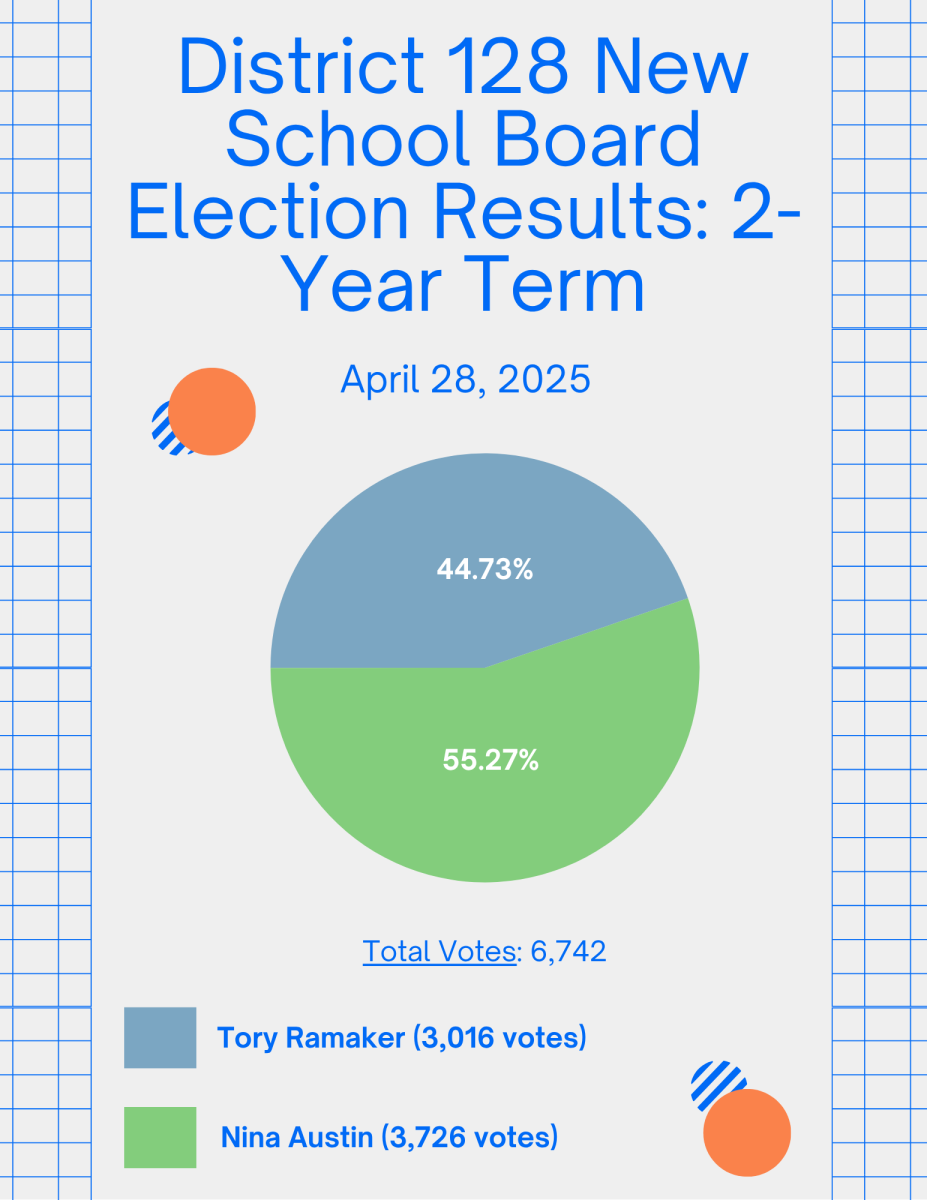During the first week of school, when teachers go over syllabi in classes, most students dread seeing a participation category. While participation points can prove to be helpful, the Drops of Ink staff believes that the way they are currently used is unfair for students.
Most DOI staff members have noticed that usually points are awarded each time a student contributes to class. Often times, points can be removed based off of behavior but not wrong answers. Other factors in a participation grade could include how prepared a student is for class or how difficult a question the student is answering.
Among classes that take participation for a grade, English, social studies, science and foreign language are the most common, according to our staff. The issue with them, according to our staff, is how vague the participation grading system ultimately tends to be. There can’t be a set requirement for contributions to class because each day class has different numbers of questions.
In some cases, for instance in Spanish class, points will be awarded for answering a question but then promptly removed following the use of English. Since the student earned the points, we feel this is wrong.
Unlike math and science, participation can be helpful in classes such as English, social studies or foreign language as the points can spark conversation, allow for multiple viewpoints to be heard, and allow students who don’t normally speak to a chance to get involved in class.
In addition to creating conversation, participation points allow kids who have difficulties earning points by writing to make up for those lost points by answering a lot of questions.
Science and math classes, however, differ completely. Unlike English or foreign language, participation seems unnecessary to the DOI staff. Why force discussion upon a topic that has a definite answer every time? Most of the time, there aren’t deeper meanings behind subjects; there is one answer and it can’t be changed. There are no themes, tones or moods, so discussing a topic other than the the process of arriving at the right answer is pointless. In some cases, like biology, participation can be helpful because topics can be elaborated on: questions are more open-ended.
We feel that another big problem with participation is, how often do students need to contribute to class to receive full credit? Class periods that have few questions to answer could lead to one student receiving less credit than one of the select few who got to answer a question.
DOI believes where participation points prove most unfair is with students who understand concepts but are more introverted. Most of these students can make it through class every day silently understanding everything thrown at them. But once a teacher calls on them and the answer counts, they crumble under the pressure of speaking to the whole class. Students who don’t have anything to say shouldn’t be forced to say something for the sake of points that they may not even need.
To improve the participation point system, DOI believes that teachers should follow a system some Spanish classes use. This year, some Spanish students enjoy their right to grade themselves on participation every day. Having students reflect on their own participation can be beneficial for both the students and teachers. It allows for the teacher to see the grading from a student’s point of view, where a teacher’s evaluation may not reflect the student’s attempts to participate. Teachers would be able to use the scores they come up with, as well as the student’s suggestion, to come up with a more accurate and fair grade.
While participation can sometimes be helpful, it is also unfair because of all the grey area. There is no set way to give a participation grade, making it difficult for students to accumulate the points needed for a good grade.















